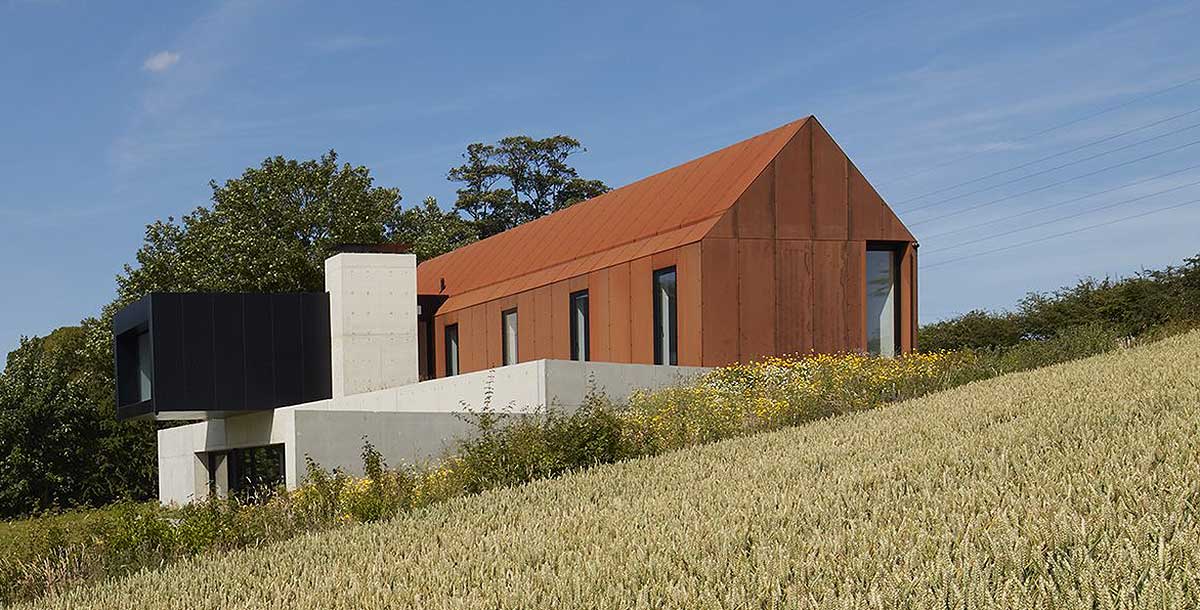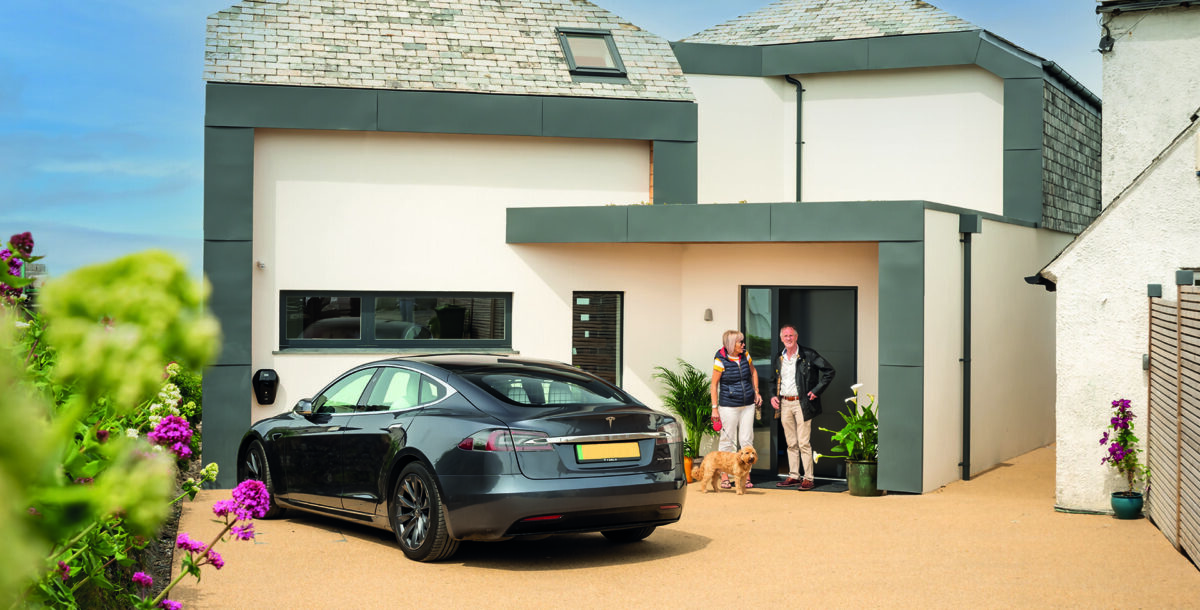Country plots: 5 ways to beat buying issues
Nothing should stand between you and an idyllic, rural lifestyle
If you dream of building or buying a home in the country or country plot, there could be hidden ‘red flags’ standing in the way of securing financing. We ask the experts to solve the most common issues.
Whether you’re looking for that dream country plot or are eyeing up a rural property with scope to renovate, you may assume that, away from the hustle and bustle of city living, securing financing for a home is easier in the countryside.
However, that’s not always the case – and it could all be down to some little well known ‘red flags’ that dissuade mortgage providers from lending on rural homes.
We spoke to independent mortgage broker Private Finance about the most common issues that arise for those seeking lenders on properties in the country and how best to resolve them.
1. Self building on rural land
Problem: High property and stamp duty costs mean many homeowners are taking a DIY approach by buying a plot of rural land and building their own property on it, but how to get a mortgage when there’s no property to lend against?
Solution: Self-build mortgages are available, however they work differently to regular residential loans. The lender will generally release cash in stages to fund construction and some lenders won’t pay until stages of construction are successfully completed. Others have stringent rules about only using professionals to carry out any work. As self-build mortgages are fairly niche, not all lenders offer them, and they generally require a large deposit.
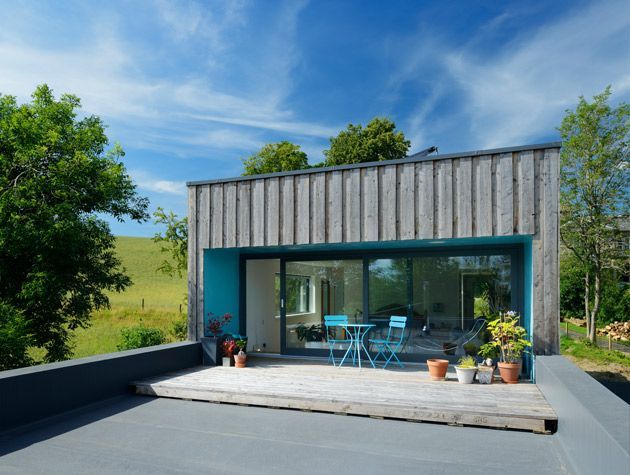
Brian and Lesley Robertson bought a plot in the country that already had planning permission for two small bungalows. Photo by Nigel Rigden,
2. Large acreage
Problem: Not all lenders have an appetite for properties with a lot of acreage. This is because they are nervous that some of the land might be used for commercial or agricultural purposes, which would automatically disqualify borrowers from taking out a residential mortgage. Generally, most high street lenders will only lend if the property is under 10 acres. Alternatively, they will only value the house and its immediate gardens – meaning the true value of the estate is not reflected and you might not be able to obtain a large enough loan.
Solution: Specialist lenders do exist who will happily lend on smallholdings and country estates with no limit on the amount of land forming the title deeds. These can be hard to find, so it’s best to use an independent mortgage broker who has an existing relationship with these types of lenders.
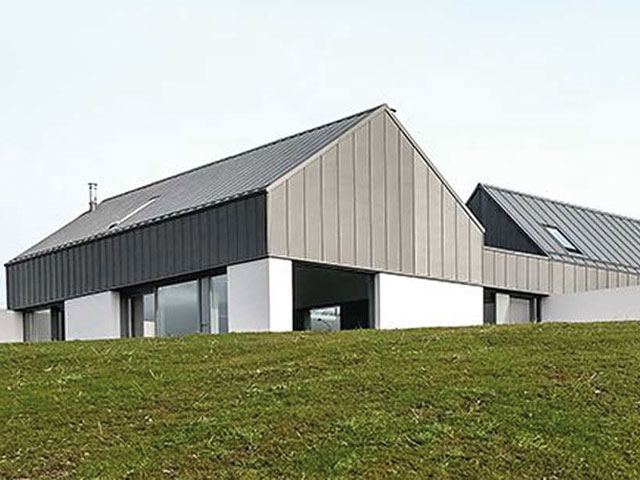
House Lessans, winner of Grand Designs: House of the Year 2019, is a self build made up of two perpendicular blocks and a pre existing shed. Photo: Aiden McGrath
3. Multiple buildings on one site
Problem: Larger country estates can often feature annexes or living units separate to the main home. Mainstream lenders can be reluctant to lend on these properties because they fear the homeowners will let these spaces out, giving the tenants’ rights of occupation. This will make it difficult for the lender to sell the property should they ever need to take possession (i.e. in the event of missed mortgage payments). They may also be wary if other buildings on the site are let out for commercial interests. For example, a homeowner whose property includes stables might let these out to an equestrian business. Large estates may have multiple title deeds, which can also be an issue.
Solution: The better a lender understands how a property will be used, the more likely they are to lend. Being honest is key, and if you do intend to use parts of the property commercially – either on a buy-to-let or other commercial basis – a different type of mortgage will likely be needed.
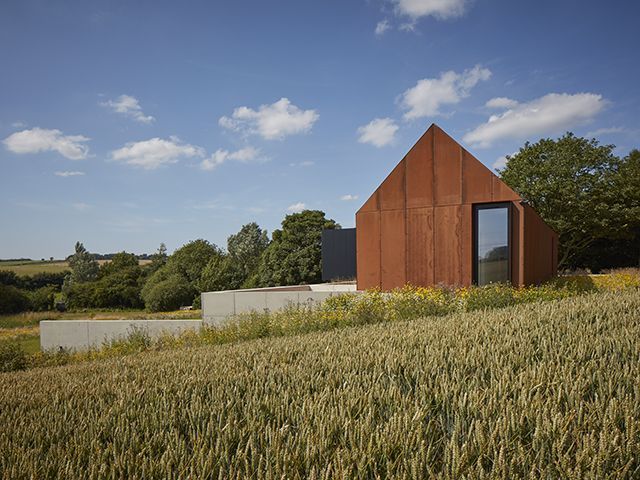
Barrow House by ID Architecture had to meet regulations whereby it was deemed architecturally significant because of its rural location. Photo: Andy Haslam
4. Older properties
Problem: Country properties tend to be older than their urban counterparts, meaning they are built using different methods and materials. Features such as timber frames, cob walls and thatch roofs might add to a property’s rustic charm but are red flags to lenders as they make the house ‘non-standard’ and therefore generally more expensive or difficult to maintain.
Solution: It’s important for rural homebuyers to enlist the services of solicitors and surveyors earlier on in the house-buying process than would otherwise be normal. Similarly, challenging estate agents to come forward with all information that may pose difficulties to the transaction in the future can help to identify these early on. Being upfront with this information will make lenders more likely to agree to lend.
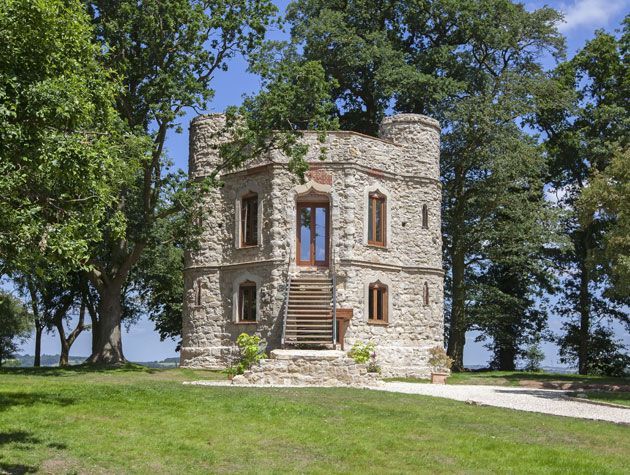
This Grade II listed folly was a project featured on Grand Designs in 2018, in the Aylesbury Vale. Photo: Fiona Arnott-Walker
5. Listed buildings
Problem: This is another red flag for mortgage lenders because such buildings come with strict guidelines about what can and can’t be done in order to preserve them. This, they feel, may ultimately adversely impact the resale value of the property, as potential buyers could be put off by expensive upkeep and the lack of scope for personalisation.
Solution: Prospective buyers might consider looking for similar properties in the area that do not have listed status. It’s also worth weighing up the costs of refurbishment, maintenance and materials when making your decision, as these can be much higher for listed homes. However, if your heart is set on a listed property, an independent mortgage broker will be able to find a specialist lender that is willing to provide a loan.

